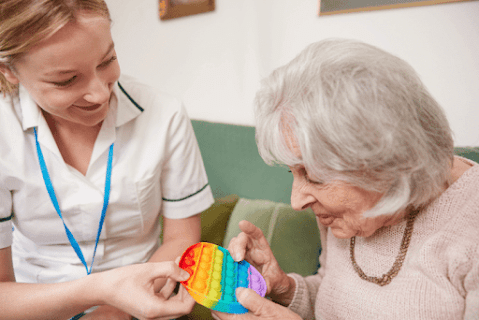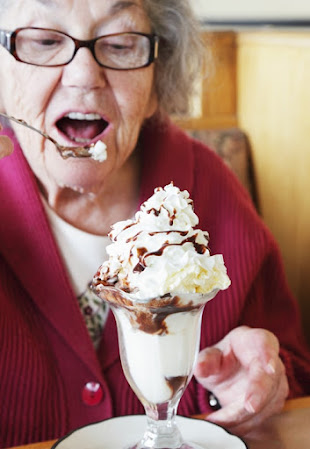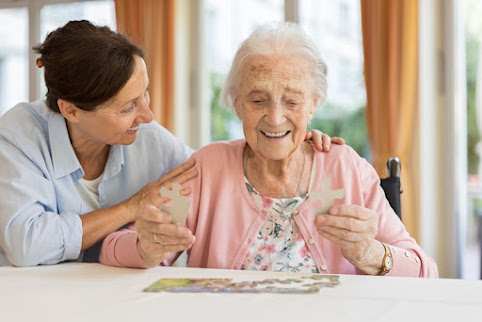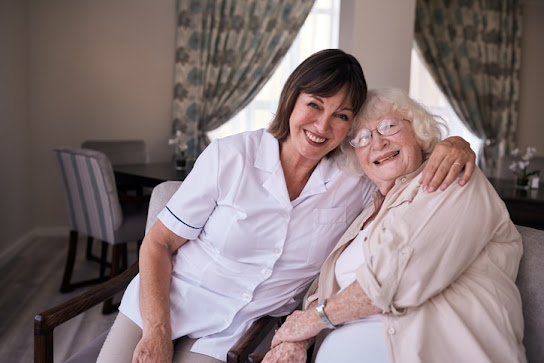Dementia can be a difficult condition because you want to take care of your loved one and keep them as comfortable as possible, but symptoms can become increasingly difficult to manage as the condition progresses. If you have a loved one who has been diagnosed with dementia, sensory therapy might be something you want to consider for them.
Sensory therapy is a helpful way to help
calm and soothe people with dementia, without the use of medication. It’s
common for people with dementia to feel agitated and restless, and this is
where sensory therapy comes in. Here are some of our favorite sensory
activities you can do with your loved ones to help them feel calmer.
Scented sensory cards
Certain smells can trigger powerful and
pleasant memories, like the smell of your favorite flower, the smell of your
mother’s cooking, or the smell of your favorite food. Making scented sensory
cards is a great seasonal activity, and as we’re in the middle of enjoying a
beautiful summer, you and your loved one can create a handful of cards that
reflect their favorite summer scents: the beach, fresh flowers, lemonade, and
many more.
Allow your loved one to keep these scented
cards nearby so they can smell them when the mood strikes.
Homemade non-toxic finger paint
Seniors with dementia often enjoy arts and
crafts projects, and painting is a great way for them to express themselves.
Rather than messing with an array of paint brushes, which can be difficult to
hold and can easily frustrate your loved one if it’s not the right brush
stroke, we recommend using non-toxic finger paints. Buy some large white poster
boards or blank canvases and let the freestyle painting begin!
Coin sorting
You know those stacks of coins you’ve had
sitting around your house forever? The ones you keep saying you’ll sort and
take to the bank soon? While it may seem like an annoying task to you, seniors
with dementia often find comfort in manual, repetitive tasks like coin sorting.
Give your loved one several small glass bowls and ask them to help you sort
your loose change. They’ll also feel a sense of purpose from helping you, which
is especially important to the self esteem and self worth of those with
dementia.
The best part of sensory activities is
that your whole family can participate in them together. People with dementia
often feel isolated and alone, especially as their symptoms progress, and
having the whole family join in certainly helps alleviate the feelings of
isolation. Not to mention, it’s a great way for your family to spend quality
time together and bond.
Sensory therapy and other memory care
techniques at UMC
At UMC, our dedicated Tapestries Memory
Care neighborhoods are designed specifically for people with dementia. We
employ a range of therapies, including sensory therapy, to help our memory care
residents feel calm, safe, and secure at all times. If your loved one is still
living at home under your care, we recommend incorporating sensory activities
into their daily routine, and we recommend participating in these activities
alongside them.
If you have any questions about sensory
activities that can help calm seniors with dementia, or if you have any other
questions regarding our senior care services in
general, please contact our
team at UMC today: https://umcommunities.org
Original content posted on https://umcommunities.org/blog/sensory-activities-to-calm-seniors-with-dementia/













